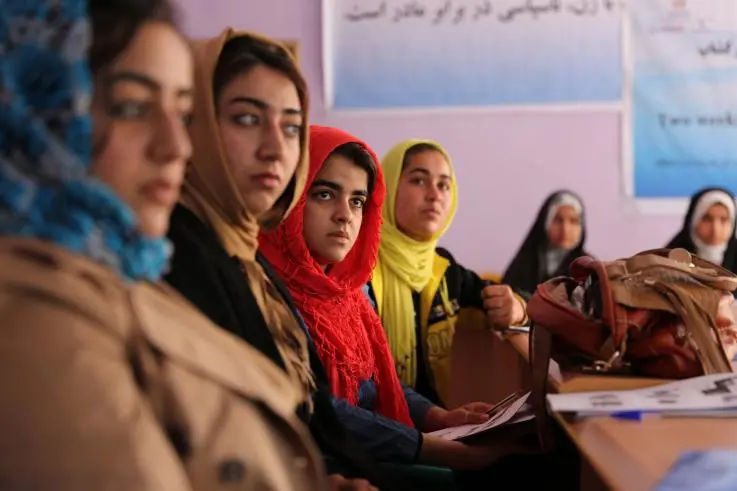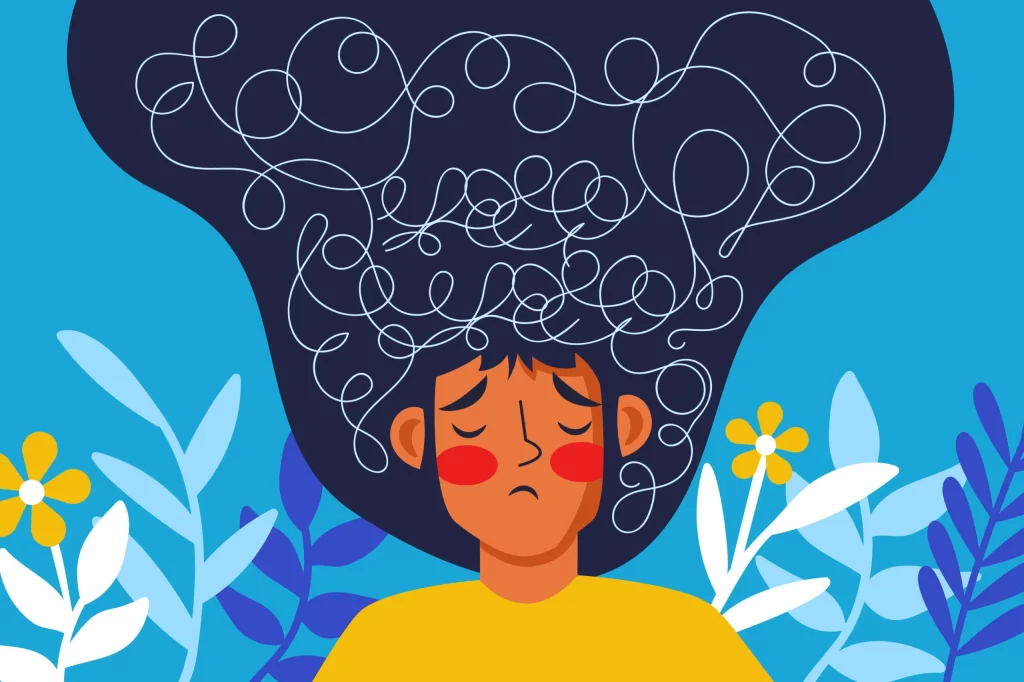Mental health is a topic that has historically been shrouded in stigma and silence in many parts of the world. South Asian communities, which encompass countries such as India, Pakistan, Bangladesh, Nepal, Sri Lanka, and the Indian diaspora, are no exception to this global issue. In these communities, mental health concerns are often misunderstood, disregarded, or kept hidden due to cultural, social, and traditional factors. This article sheds light on some prevalent mental illnesses within South Asian communities that are often under-addressed and discusses the urgent need for awareness and change.

The Stigma Surrounding Mental Health
In South Asian cultures, the concept of “saving face” is deeply ingrained. Mental health issues, when openly discussed, are often viewed as a reflection of personal or family inadequacy, which leads to a culture of silence. This silence perpetuates myths and misconceptions about mental health and contributes to the stigma. As a result, those in need of help are often hesitant to seek it due to the fear of judgment and ostracism.
Prevalent Mental Illnesses in South Asian Communities
Depression: Depression is a silent and invisible adversary that affects millions within South Asian communities. The pressures of societal expectations, academic or career success, and family dynamics can all contribute to the development of depression. However, many individuals suffering from depression go undiagnosed and untreated due to the aforementioned stigma.
Anxiety Disorders: Anxiety disorders are also common but under-acknowledged in South Asian communities. The constant worry about the future, social pressures, and familial expectations can contribute to high levels of anxiety. Yet, many individuals suffering from anxiety disorders suffer in silence.
PTSD: Post-traumatic stress disorder (PTSD) often goes unrecognized in South Asian communities, particularly among immigrants who have experienced trauma in their home countries or during the migration process. Culturally sensitive support is essential for those affected by this condition.
Eating Disorders: Eating disorders are another area of concern. Pressure to conform to traditional beauty standards can lead to unhealthy eating habits and body image issues. These disorders are often masked and untreated.
Schizophrenia: Schizophrenia, though a severe mental illness, is not immune to the stigma in South Asian communities. Lack of awareness and understanding can lead to delayed diagnosis and treatment.
Substance Abuse: Substance abuse is often used as a coping mechanism for individuals dealing with mental health issues. The stigma surrounding addiction can hinder access to treatment.

The Urgent Need for Awareness and Change
Education: One of the most effective ways to combat the stigma around mental health is through education. South Asian communities must be provided with culturally sensitive and accurate information about mental health issues to dispel myths and misunderstandings.
Support Networks: Creating support networks and safe spaces for individuals to share their experiences and seek help is essential. Local community organizations and mental health professionals can play a crucial role in establishing these networks.
Advocacy: Advocacy efforts can help reduce stigma and improve access to mental health services. Prominent figures within the South Asian community, including celebrities, leaders, and role models, can use their platforms to raise awareness about mental health.
Culturally Competent Mental Health Services: South Asian individuals seeking help must have access to culturally competent mental health services that understand the unique challenges and cultural context of their experiences.
Family Involvement: Family plays a significant role in South Asian communities, and involving them in discussions about mental health is crucial. Open conversations can help reduce the isolation of those struggling and encourage early intervention.
Mental health issues within South Asian communities are prevalent but often remain hidden due to stigma, cultural factors, and a lack of awareness. To address this problem, it is essential to promote education, establish support networks, engage in advocacy, and provide culturally competent mental health services. By breaking the silence surrounding mental health, South Asian communities can foster a more supportive and understanding environment for individuals facing these challenges. It is only through such collective efforts that the prevalent mental illnesses in South Asian communities can be effectively addressed and the path to healing and recovery can be paved.



















